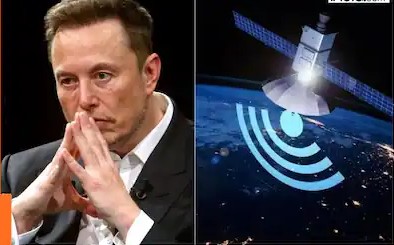SpaceX’s Starlink has initiated operations in India, targeting a commercial launch by early 2026. With plans for fast satellite internet, installation costs around Rs 30,000, and monthly subscriptions starting near Rs 3,300, Starlink aims to extend high-speed connectivity to underserved Indian regions where traditional broadband lags.
Elon Musk’s satellite internet service, Starlink, has begun establishing ground infrastructure across key Indian cities such as Mumbai, Noida, Chandigarh, Kolkata, and Lucknow. This rollout precedes the much-anticipated commercial launch expected in January or February 2026, pending final regulatory approvals including those from TRAI.
Starlink intends to offer internet speeds ranging from 25 Mbps to 220 Mbps, which could revolutionize connectivity in rural and remote areas with limited or no broadband availability. The service involves a one-time hardware installation charge of around Rs 30,000, covering the satellite dish and router equipment, followed by monthly subscription plans starting at approximately Rs 3,300.
The Indian government has capped Starlink’s user base at 2 million connections to safeguard the existing telecom ecosystem while enabling the company to collaborate with telecom giants Airtel and Jio for infrastructure sharing. This partnership may further ease service adoption and delivery.
Starlink’s arrival promises to bridge significant digital divides, offering reliable internet to areas where terrestrial options currently fall short, thus impacting education, business, and social inclusion positively.
Key Highlights:
-
Starlink preparing for India launch with nine gateway earth stations nationwide.
-
Expected launch in early 2026, subject to TRAI pricing approvals.
-
Internet speeds projected between 25 Mbps and 220 Mbps.
-
Installation cost around Rs 30,000; monthly plans start near Rs 3,300.
-
User connections capped at 2 million by the Indian government.
-
Collaborations with Airtel and Jio for infrastructure sharing and broader service coverage.
Sources: MoneyControl, Bloomberg, Economic Times
